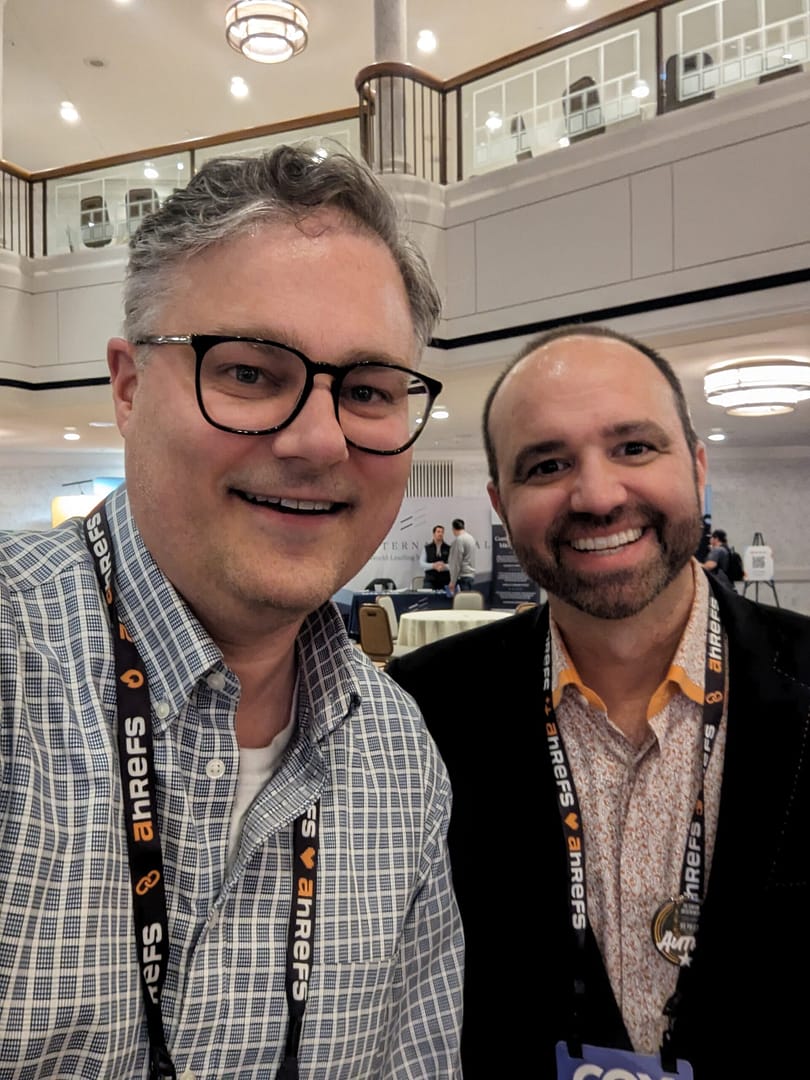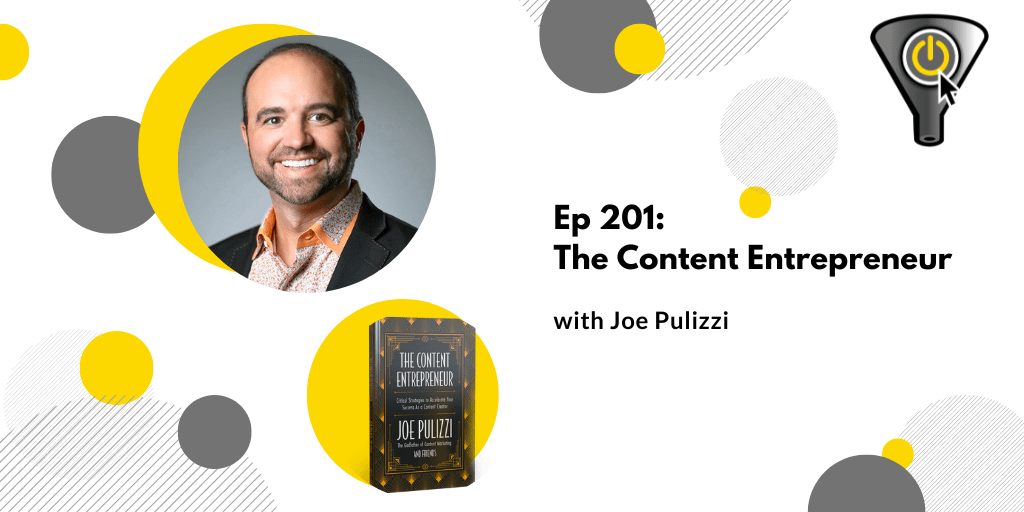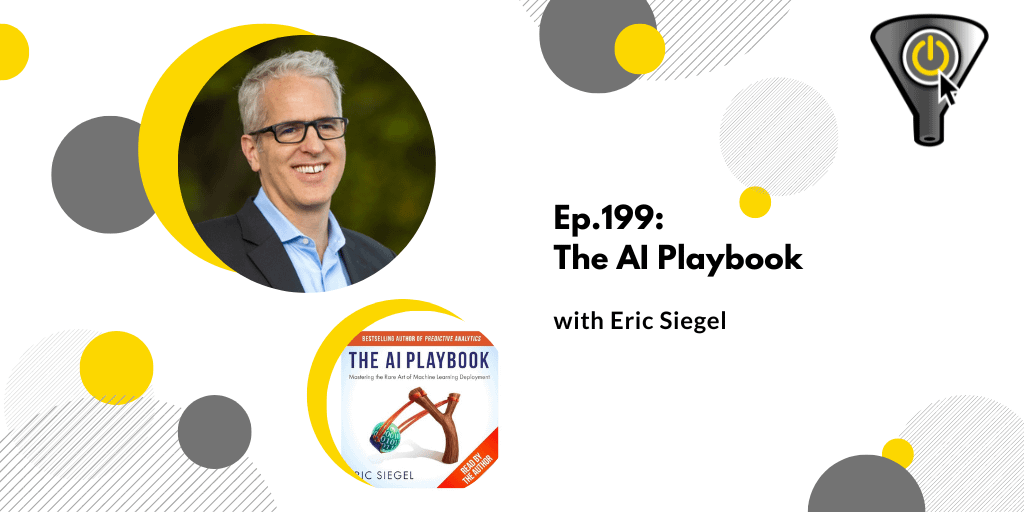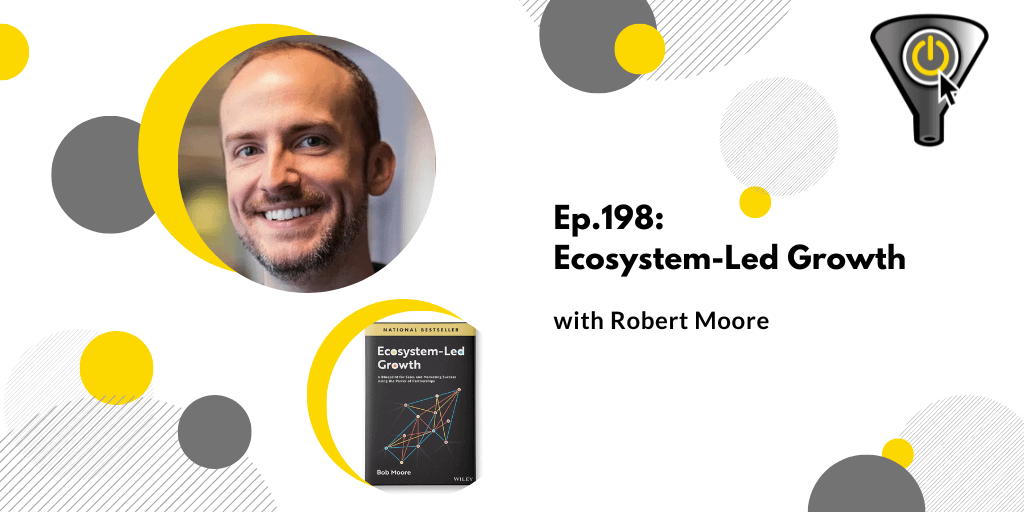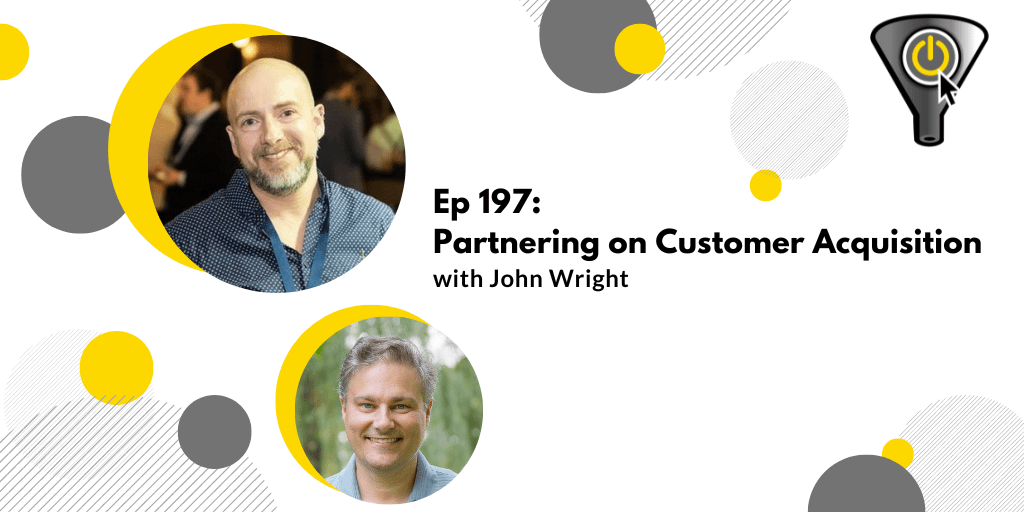Episode 201
While our guest wasn’t the one who invented content marketing, by founding the Content Marketing Institute, Joe Pulizzi became its standard-bearer. For decades now he has shown marketers how to make their marketing better by building a media presence that directly connects them to their audience.
These days, Joe is saying this model applies to a much wider populace. He’s showing how individuals can make a go of having businesses that are 100% content-based. He’s urging these people, formerly known as the audience, to go make their own audience. He calls this type of person a content entrepreneur.
This business model’s definition has two criteria. First is that content is the vehicle used to market the product. We all know this as Content Marketing. It lets buyers take samplings of a business model where they present the skills they’ve acquired and
The next criteria – content must also be the product. Unlike experts who work full-time as a teacher, writer or consultant who sell their expertise based on their own time – be it in increments of hours or years.
Content entrepreneurs get to craft and sell multiple products without committing their time. Instead, they sell newsletters, courses, books, community-access and other products to the point their audience consumes so actively, it generates high-enough earnings to support Their livelihood. It’s possible today to form an entrepreneurial venture based completely on content.
This isn’t exactly a typical Funnel Reboot topic, but we have just surpassed 200 shows and now that we’re starting on a new bicentenary. Let’s use this chance to go in a different direction, try something new.
So listen in as we go to Cleveland Ohio to speak a second time with our guest, and founder of Tilt Publishing, Joe Pulizzi.
Timestamps/Chapters:
0:00:00 Intro
00:04:41 Origins of the Content Entrepreneur idea
00:11:21 Content mktg’s more than a wrapper
00:20:27 Audience vs community
00:23:11 PSA
00:23:52 Thinking of offers for your audience
00:31:13 Having media calendars
00:36:11 Business model may incorporate web3
00:45:34 About CEX & Joe’s book
People/Products mentioned in the show:
